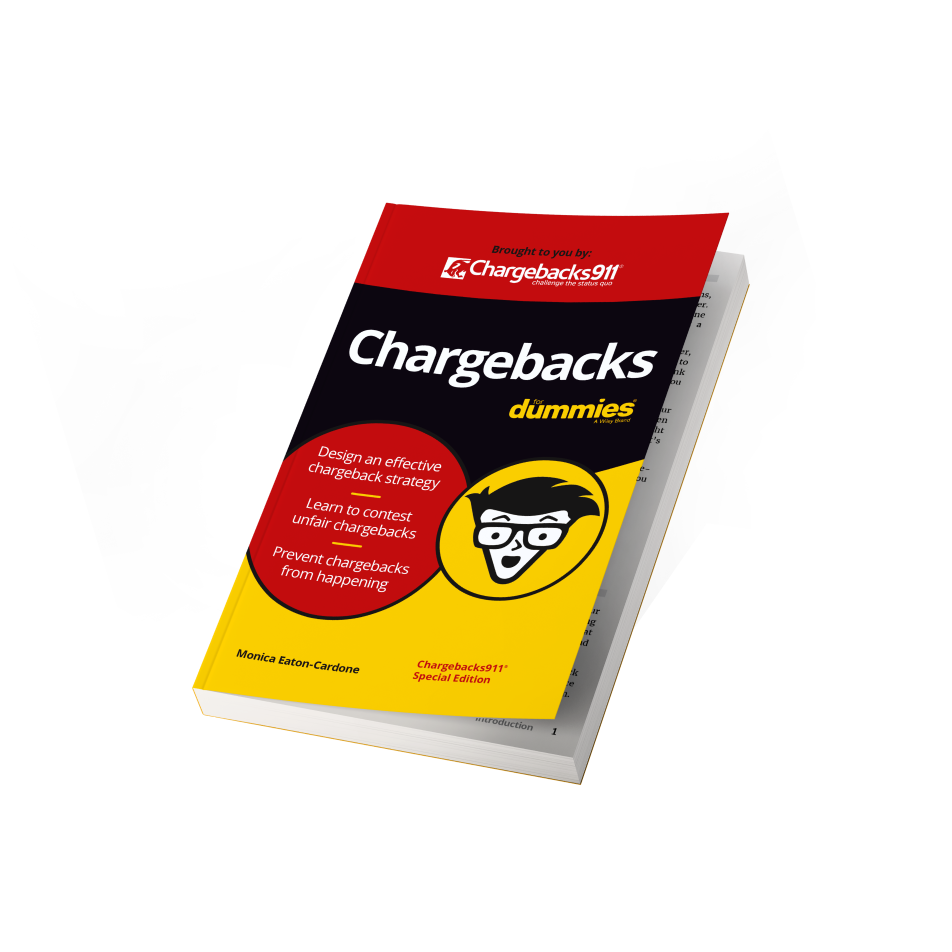What Is Debit Payment Processing? How Does It Work?
If credit cards and cash were married, their offspring would be a debit card.
Okay, I get that’s a weird analogy. But, let me explain what I mean.
While they offer the convenience of credit cards, debit cards only work if the user actually has money in the bank. It’s the best of both worlds; buyers have the convenience of a card, but without the need to manage their credit. This could explain why US consumers pulled out a debit card for over one-third of their total purchases last year.
Making a debit card transaction doesn’t seem much different than using a credit card… at least on the front end. But, what happens after that, though?
In this post, I’ll be taking a deep dive into debit payment processing: how it works, who’s involved, and why it’s similar to — but not the same as — processing credit cards.
Recommended reading
- Merchant Identification Numbers | How Do MIDs Work?
- Why is My Bank Account is Under Investigation?
- Issuer Declines: 7 Reasons They Happen & How to Fix Them
- What is an Issuing Bank? The Issuer's Role in Payments
- What is an Acquiring Bank? The Acquirer's Role in Payments
- Credit Card Processing Fees: How to Lower Your Rate in 2025
Contrast this with a credit card. The cardholder is basically taking out a short-term loan.; the purchase price comes from a predetermined line of credit, which the customer must repay at a later date. Limits on credit cards are set based on how much money the bank believes you can repay.
Comparing Debit Processing vs. Credit Card Processing
The difference between buying with one or the other type of card is fairly simple and easy to understand. That’s less true when it comes to credit and debit card payment processing, though. The disparities are usually less understood.
For starters, the processing fees are usually distinct. Debit card interchange rates are often – but not always – lower, since debit card purchases carry lower risks for processors. Plus, there are stricter government mandates in certain areas, like how much a bank can charge for debit card transactions.
| Stage | Debit Payment Processing | Credit Payment Processing |
| Authorization | Bank verifies available funds in checking account. | Bank checks available credit limit. |
| Transaction Approval | Requires sufficient funds; instantly approved/declined. | Approved based on creditworthiness. |
| Settlement | Immediate or same-day. Funds deducted from account. | Takes 1-3 days; funds lent by issuing bank. |
| Merchant Payout | Faster, often same day. | Slightly slower, due to network and risk checks. |
| Chargeback Risk | Lower risk; harder to dispute. | Higher risk; easier for customers to dispute. |
Then there’s the fact that credit cards can only be processed as credit cards, but debit cards can be processed as credit or debit cards. Confusing, I know, but we’ll look at all that in more detail as we go.
Types of Debit Payment Processing
The differences in processing begins just after the cardholder gives you their info (either through a physical card or online form). The sale will be approved or declined just like a credit card.
So far, so good. But here’s where things diverge.
At this point, the customer must decide on one of three options to complete the transaction:
Signature Debit
The cardholder provides a physical or digital signature to complete the sale, similar to a traditional credit card transaction.
PIN Verified
The cardholder completes the purchase using a personal identification number (PIN). A little more secure in terms of fraud protection.
PINless Debit
Based on one of the above methods, except that certain transactions (defined by the merchant) don’t require a PIN or signature.
Obviously, eCommerce (online) sales will be processed as contactless payment. Neither the PIN number nor the signature will be validated, but the buyer will usually be required to enter a CVV code. But before we look into how these different methods are used, here’s a little refresher on how card processing works.
How Does Debit Card Payment Processing Work?
The actual processing of debit card payments can basically be split into two parts: authorization and settlement.
You’ll usually have an approval/decline message in seconds, before the customer can even put away their card. If approved, the buyer’s work is done. You’ve still got a few steps, though:
Debit Card Settlement Process
The fund transfer isn’t immediate, but it’s typically faster than credit card sales. In most cases, the money will hit your bank within 24 hours.
Can You Process a Debit Card Payment as a Credit Payment?
Yes. A debit card transaction can be processed as either a PIN debit transaction, or as a credit transaction.
Yes. If the buyer selects the “credit” option on the card reader it will be considered a signature debit sale. The transaction authorization process works almost identically to that of a credit card. The only real difference is that the sales amount is transferred directly from the customer’s checking account instead of going against a line of credit.
Like a credit card transaction, funds from a signature debit card sale could take up to three days to show up in your account. However, because we’re talking about straight cash-to-cash transfer, however, it commonly takes less time.
How Much Does Debit Card Processing Cost?
It depends. You have to pay interchange fees, assessment fees, and processing fees. The cost of these fees will depend on variables including your product category, business model, location, and more.
How much should you expect to pay to process debit transactions? It’s a simple question, but there’s no simple answer. This is because debit payment processing fees can be split into three categories:
In addition to what the actual processor charges, your acquiring bank may also bill you for certain things like account maintenance fees or additional transaction fees. Finally, if you don’t already have a terminal for debit payment processing and need to purchase or lease the hardware, it will be billed here, too.
All in all, it’s pretty hard to nail down fees. This makes comparison shopping a challenge, at best.
Learn more about processing feesCan Cardholders Reverse Debit Card Transactions After Processing?
Yes. The process differs slightly, but like with credit cards, your customers have the right to dispute debit card transactions.
Debit card purchases can be disputed by the cardholder, just like credit cards. The Electronic Funds Transfer Act (EFTA) is a federal law that protects consumers in cases of unauthorized debit card transactions and other electronic fund transfers.
While this law is similar to the mandate that protects credit card users, there are some differences. You’ll normally have less time to respond, and the bank may or may not issue a provisional credit. The amount the cardholder is able to dispute could be less, although most banks offer protections beyond what the law requires.
Chargeback fees are usually less for debit cards than credit cards, but fees are still fees: avoiding them altogether is the best option. To do so, you ultimately need a comprehensive dispute management plan that addresses both prevention and revenue recovery.
Chargebacks911® has a wealth of experience-based knowledge and expertise in providing cost-effective prevention and risk mitigation strategies. Contact us today to learn more.
FAQs
How long does debit card processing take?
The actual transaction takes seconds to get approval. Transferring funds from the issuing bank to the acquirer usually happens within 24 hours.
Can a debit card transaction be tracked?
No. Debit card chips feature the same EMV payment technology as credit cards, and neither type of card has a tracking system.
Is it legal to charge customers a debit card processing fee?
According to Visa, merchants cannot surcharge debit (or prepaid) card purchases.
Are debit and credit card processing fees the same?
In most cases, credit cards are considered a higher fraud risk, and are therefore more expensive to process than debit cards.
Do debit card transactions process on weekends?
While exact times can vary, transactions typically post at the end of each business day. Any sales that fall outside of typical business hours — including on weekends — are normally posted on the next business day.















